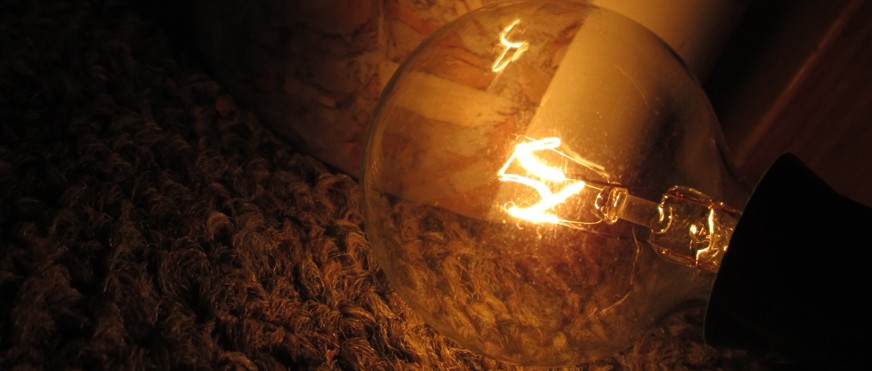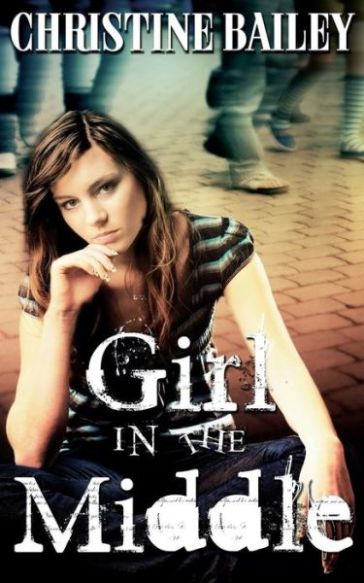Hello, readers and writers alike!
Earlier this week, I had a friend ask me for my thoughts on this blog post , and I thought I’d share my thoughts here, one, because it’s got to do with writing and publishing markets, and two, because it’s relevant to me because I’m in the process of writing a fantasy novel.
Summary of the blog post (in case you’re too lazy to read it… I suggest you do read it, though. Informative and over all, a great post): Fantasy author Greg Hamerton discussed a variety of challenges that a fantasy author will face when he or she goes to publish their book. Namely, the challenge of deciding whether they’ll publish online, in print, or both, and the implications of their decision on distribution of their books. He talks about the prices associated with printing, and how the number of books published affects the overall selling price. His post ended up illustrating the difficulty of making a return on the hard work a fantasy author puts into his or her book, and the elements in publishing that need to be considered when making important decision, and he highlighted how the fantasy genre, to an up-and-coming author, is a gamble. A very insightful post, but it certainly made me think of my in-progress fantasy novel and what I’ll do when it comes down to publishing. Honestly, I got worried and a lost a tiny bit of hope in ever getting it out to the public.
This blog post brought a couple things to mind that I’d like consider here: Why is fantasy so much of a gamble to publishers? Is there any hope of changing that perspective? How?
The biggest thing that I struggled with was why fantasy has a stigma of being unpredictable. Everyone likes a good, imaginative story, right? I’d say the answer is yes; the problem lies in the issue of finding “good” and “imaginative” stories that aren’t mere copycats of the famous JRR Tolkien and other such like elf/dwarf/wizard/human stories set in a world that still uses bows and arrows, and swords, with people who live in thatch-roof cottages, who farm half the day and drink beer in community in the other half.
This isn’t to say that all fantasy is like the above paragraph. Without reading a wide selection of fantasy, I know for a fact that it isn’t, but in my experience with authors who are thinking about, or in the process of, writing fantasy, this is predominantly true. Why? Probably because their earliest, most impressive experiences with fantasy have been with that type of story, which is something you can’t criticize. As humans, we all pull from the things that have impacted our lives; it comes out in our lives, our writing, our art… that’s natural. I’ve struggled against writing stereotypical fantasy stuff; it’s a battle we all face in our writing, being influenced, not indoctrinated, by other creative works.
This all goes back to my original question, why do publishers view fantasy as an unpredictable genre? Fantasy can be anything, literally. You can do anything with it, within very broad outliers, which is both a wonderful thing, and a potentially bad thing. Your crazy ideas could be received with cries of “genius!” or they could be rejected with a simple, exasperated shake of the head. Because people and their interests, likes, and dislikes come together in a pot of weird, varying with each person, how can anyone ever predict how a certain audience will respond to YOUR book of weird, strange, exciting, mystifying stuff? You may have chosen to write to an audience of “young adults,” but in that audience, there are lots of different kinds of young adults. It gets complicated.
As Hamerton suggested in his post, publishers are more likely to prefer relying on the popularity of an already-established author instead of taking a gamble on something that is equally able to lose them a good deal of money, or give them a good deal of money. Who wouldn’t rather invest in something sure?
The stereotype of fantasy, and what the general populace believes of fantasy, is what I believe to be the reason publishers aren’t more willing to take a gamble with fantasy. I know for a fact that my book is not going to fit under the typical “fantasy” impression, and I know without having to do very much research, that there are MANY fantasy books that also refuse to be categorized under “typical fantasy,” yet the stereotype remains. Sad, really. This leaves us authors having to deal with what Hamerton summarized in his post.
Well… that’s a nice plight in which to place unknown or little-known fantasy authors in, isn’t it? Which brings me to my next question: is there any way this can be changed? How?
I think it can be changed, though with a lot of work on both sides, authors and publishers. I might just be talking ideals here, because I tend to care more about getting creative and interesting things out into the world than money, but bear with me.
The growing trend toward online publishing and self-publishing (which I wrote about in a post here ) is probably a good thing for fantasy authors, because of the problems listed by Hamerton. Because of the ridiculousness of the costs of production. Producing books in ebook format? Saves a lot on printing and distribution costs, no doubt. I hate to admit it, but I’m beginning to believe that there is hope in ebook publishing; people are more likely to read something if it’s easily accessible to devices they already own, and unless they’re book enthusiasts, they’re not as likely to peruse the shelves of used (or new) bookstores. Also, the generally-cheaper prices of ebooks are more conducive to buying than retail pricing. Everything points to ebooks.
Ebooks allow the author to be the publisher; it allows a good fantasy author the chance to publicize their book and redeem the fantasy name. It allows readers at large to experience fantasy at its best (which will hopefully help publishers change their minds in the future about fantasy, at least to some degree). Of course, there is the fact that e-publishing allows the bad work in, but there’s a pretty dependable way to distinguish good from bad: the quality of a book. Because e-publishing is easier and less demanding than a traditional publishing house, most authors who’ve written mediocre stuff haven’t often gone through the harrowing process of editing, revising, editing, revising, editing some more etc. Authors, even if their quality is so-so, can have a good polished work after it’s been worked over and over again. In fact, that’s what often makes a book good.
So, e-publishing is the hope of fantasy, I think, at least for a good while. Thanks to Hamerton, the website CompletelyNovel has been brought to my attention. In my brief look-over of the site, I’m excited to see what treasures it holds (and you should go look too)!
The thing about e-publishing is the work that it takes. If you want to be successful with it, you can’t just submit your manuscript, get the book out there and sit back. You have to WORK. Network with other writers; promote, promote, promote; follow and participate in other writer’s blogs; create a following through your OWN blog and social media; promote some more, and review other writer’s works, sometimes in return for them reviewing your work. After the editing and revising and the final publication of a book, more hard work and investment might not be high of your priority list. But it HAS to be. And be aware, I’m preaching this to myself as much as I am to anyone who is reading this, because I don’t like the promotion part of publishing… I’m the one who’ll sit and revise, edit, and proofread until dawn. But it’s necessary in order to make your book a success… at least, that’s what I think. Because, you know, I haven’t actually published a book yet =)
So, those are my two cents on the issue of why fantasy books aren’t regarded very seriously by publishing houses, and what hope that fantasy authors have in getting their books recognized. Eventually, I hope to write on WHY fantasy books ought to be regarded more seriously, but in order to do that I have to go find some to read first… to widen my horizons. However, I did buy a fantasy book by Diana Wynne Jones (author of Howl’s Moving Castle, for those of you who don’t know) titled “The Chronicles of Chrestomanci, Volume 1” that I plan to read before the summer is out. It’s a gigantic, thick book, though, so we’ll see how far I get!

The Chronicles of Chrestomanci, Volume 1
Also, just as an Allison-update: I am participating in July’s Camp NaNoWriMo challenge (sitting on 32,000/50,000 words as of the publishing of this post), which is why I have written hardly anything on this blog. I have virtually 3 days left to write the final 18,000 words, and with a lot of patience, I think I can do it. I’ll let you guys know if I survive (because, you know, if I don’t, I won’t be here to post that I did).
See you on the other side!




